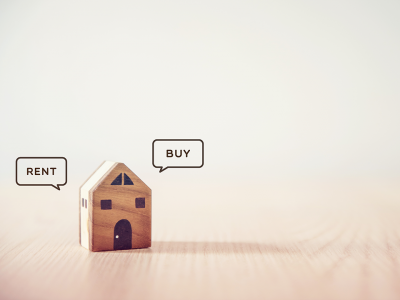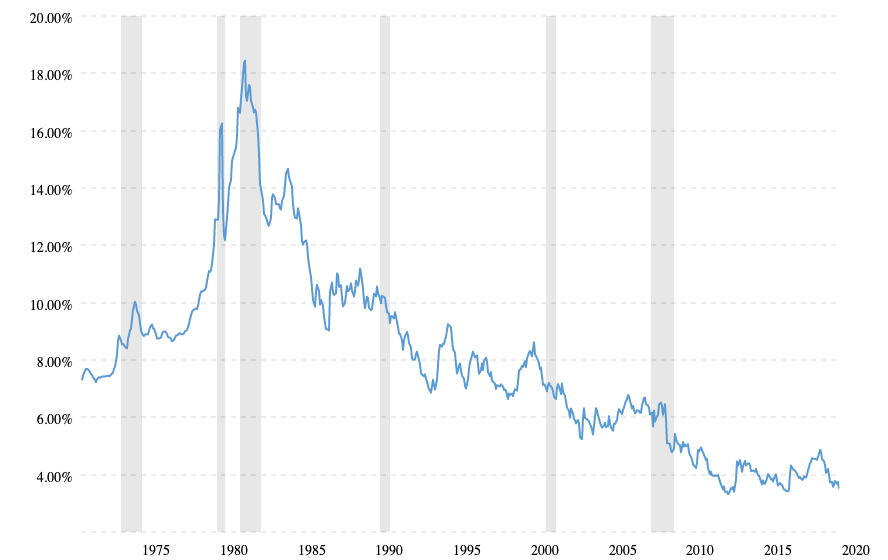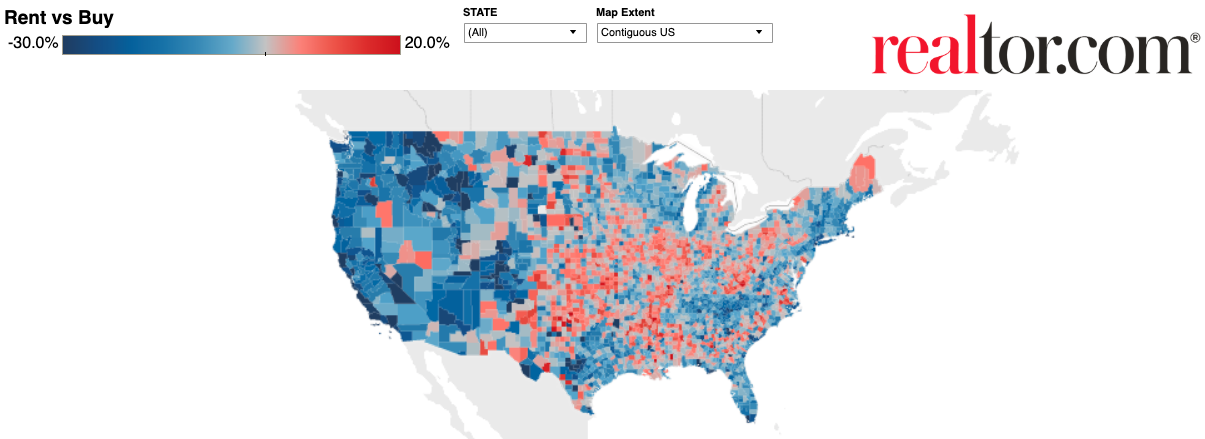
Rent or Buy? 4 Questions to Ask Yourself
Buying a house is a significant commitment. It requires investing virtually all your savings and anchoring yourself to a particular community. It’s a decision driven by numerous financial factors—both personal and broader economic issues—as well as emotional considerations.
If you’re on the fence, these questions may help you sort out several of the most important financial factors:
1. How long will I live here?
Purchasing a home is one of the best ways to build wealth in terms of building equity in an appreciating asset. But it also requires substantial upfront expenses. As a general rule, it takes five to seven years for the financial benefits of homeownership to kick in.
On the flip side, the cost of renting will only go up over time, especially if your neighborhood becomes trendy or inflation rates increase.
Capital gains taxes are another consideration. Most home-sale profit is now tax-free. However, you must own and live in your home for at least two years to exclude any gains you receive from selling it. (Losses, on the other hand, are not deductible.)
2. Is it a good time to buy, in terms of the economy?
For most homebuyers, this question relates to the cost of borrowing money. When interest rates are low, you’ll spend substantially less to finance your purchase over the life of your loan. As of this writing, 30-year mortgage rates are approaching historically low levels.
30-Year Fixed Mortgage Rates

3. Is it a good time to buy, in terms of my finances?
Have you saved enough for a down payment? Many buyers assume the minimum down payment is 20 percent. However, if you borrow through one of several U.S. government assistance programs, your down payment can be substantially less.
In addition to interest rates, one of the most significant factors affecting the cost of your mortgage is your credit score. There are many steps you can take to improve your score, although the FICO credit-scoring system is now making some changes.
4. Does my local market favor renters or buyers?
It’s best to ask your Accredited Buyer’s Representative this question. They can provide details for specific neighborhoods.
For a general snapshot, look at realtor.com®’s quarterly Rent vs. Buy report, which compares the median monthly cost of renting and buying relative to median resident income in 3,143 U.S. counties. You can zoom in on a particular market or hover over a state or county to view details.

Of course, your scenario includes many factors that aren’t included in the numbers used to generate the Buy vs. Rent report. Still, it’s an easy way to spot trends and make quick comparisons between markets.
Other Resources
Freddie Mac and Nerdwallet each offer a calculator where you can plug in numbers (your current monthly rent, expected rent increases, mortgage terms, etc.) and determine your breakeven point for renting versus buying.
In the end, only you can decide if it’s better to rent or own a home.
To learn more about the current dynamics in your market and the home buying process, reach out to an expert: your local Accredited Buyer’s Representative (ABR®). You can find a buyer’s rep in your area using the ABR® directory.
